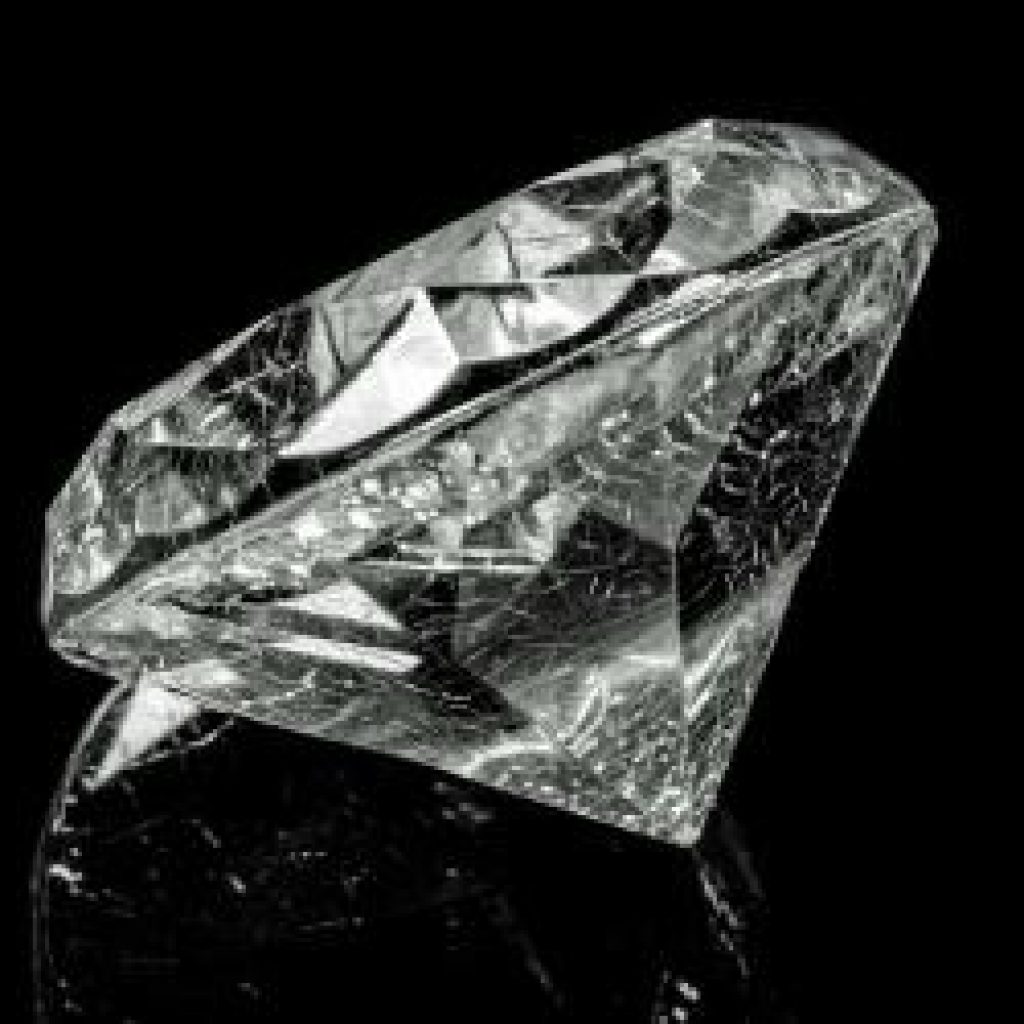(PhysicsWorld) Diamond quantum technologies are a potential new application on the horizon. A few academic groups hope to use diamond as a quantum bit, or “qubit”, in quantum information devices, such as quantum computers. This work was undertaken using a single, unique natural diamond dubbed the “Magic Russian Diamond”. Meanwhile, many companies began developing new techniques to produce high-purity synthetic single-crystal diamond for industrial applications using microwave-assisted chemical vapour deposition.
The reasons why diamond provides such a wonderful host to quantum defects come from its crystal structure. For example, diamond is a wide band-gap material, meaning that it can host a range of defects with transition energies in the optical regime, enabling the defects to be manipulated with readily available lasers.
One of the benefits of a diamond-based quantum device is its simplicity. A basic device can be fabricated from a green light source, a diamond, a small microwave source and a photodetector. This is because effective optical initialization and the readout process of NV spins do not require specialized narrow-linewidth lasers – even a simple green LED can be used.
Currently a wide range of different technological solutions are being investigated for these new applications, such as trapped ions, superconductors, quantum dots, photons and defects in semiconductors. Each technical solution has different pros and cons. Trapped ions have exquisite quantum properties but are challenging to integrate, whereas circuits of superconductors can be fabricated but can only operate at cryogenic temperatures. This is where materials like diamond come into play as they offer a compromise by being solid-state – making it easier to integrate into devices – and operational at room temperature.
The Diamond Quantum Revolution
